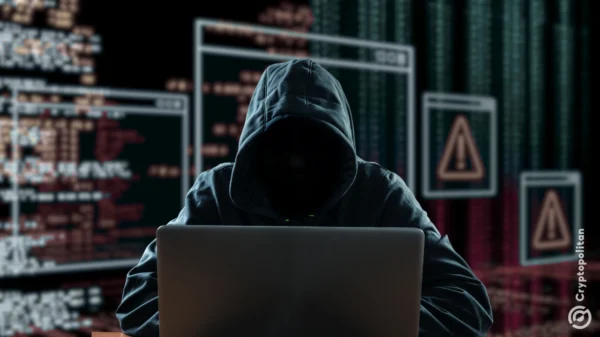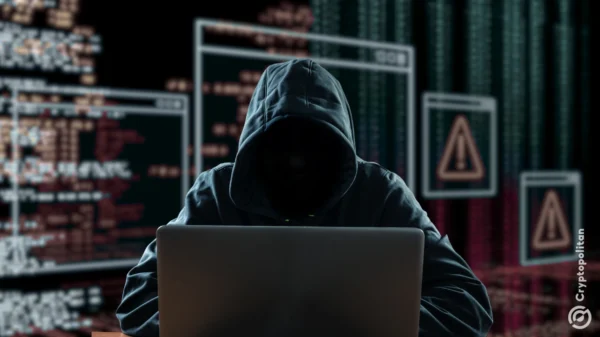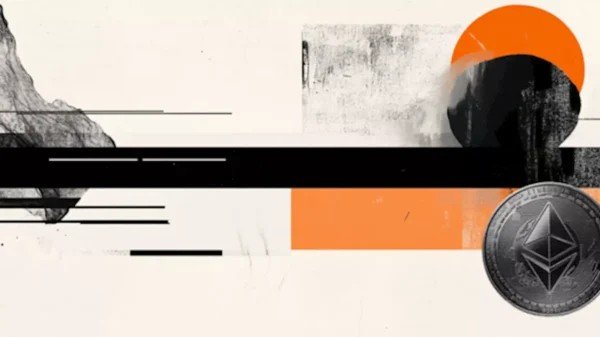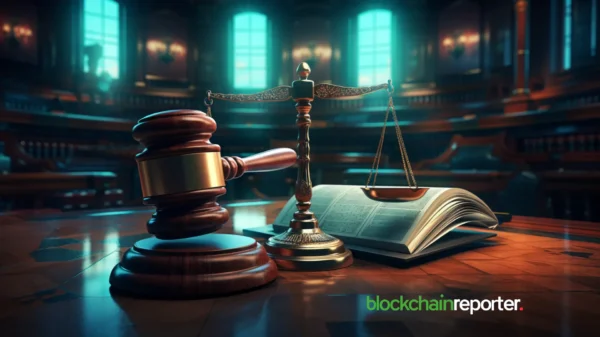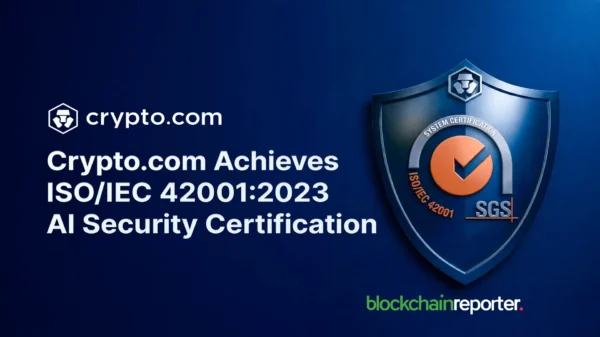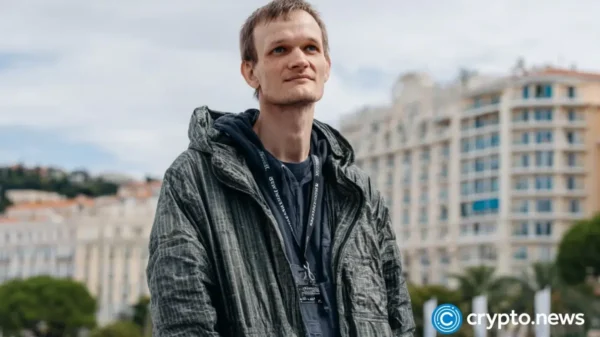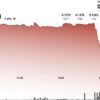Federal prosecutors are actively contesting the conviction of Roman Storm, co-founder of Tornado Cash, as he seeks to have it overturned. In a detailed 113-page brief submitted on Wednesday, the prosecution urged Judge Katherine Polk Failla to reject Storm”s request to dismiss his conviction and two other charges that resulted in a jury deadlock following a three-week trial.
Storm was found guilty in August of conspiracy to operate an unlicensed money transmitting business, which could lead to a maximum prison sentence of five years. However, the jury was unable to reach a consensus on more serious charges related to conspiracy to launder money and evade sanctions, which together carry a potential maximum sentence of 40 years. Prosecutors have yet to make a decision on whether to retry him for those counts.
In his recent motion, Storm asserts that the evidence presented during his trial did not establish his criminal intent, arguing that the case should not have been adjudicated in New York. He contends that the government failed to demonstrate that he intended for Tornado Cash to be used by criminals. His attorneys argued, “Without such evidence, the government”s only connection between Mr. Storm and criminal activities was a claim that he was aware of the misuse of Tornado Cash and did not take adequate measures to prevent it.” They characterized this as a negligence theory, which they believe is insufficient for a criminal conviction.
Storm”s defense also raised the issue of free speech, claiming that the development and release of Tornado Cash should be protected. However, Judge Failla had previously barred both sides from invoking the First Amendment during the trial, as reported by The Rage.
In response, prosecutors have argued that Storm is merely recycling arguments that the court has already dismissed. They emphasized that the evidence overwhelmingly showed that Storm and his co-conspirators maintained control over many aspects of Tornado Cash, contradicting claims of its decentralization. The prosecution highlighted private communications between Storm and his collaborators discussing changes to the protocol that undermined its supposed decentralization and their inability to separate it from criminal activity.
Prosecutors further argued that characterizing Storm”s case as one of negligence is inconsistent with the evidence presented at trial. They also addressed his claims regarding First Amendment protections, asserting that this case concerns the practical application of computer code rather than mere expressive conduct.
The DOJ”s ongoing pursuit of Storm”s conviction occurs despite recent guidelines indicating a shift in how similar charges would be handled in the future. In August, a DOJ official indicated that charges against parties involved in genuinely decentralized software would not be approved, unless there was clear evidence of criminal intent.
If Judge Failla grants Storm”s request, it would not be the first time his lead attorney has successfully overturned a jury”s verdict. Earlier this year, Brian Klein managed to convince a federal judge in New York to vacate the guilty verdict of Avraham Eisenberg, associated with the Mango Markets exploit.




